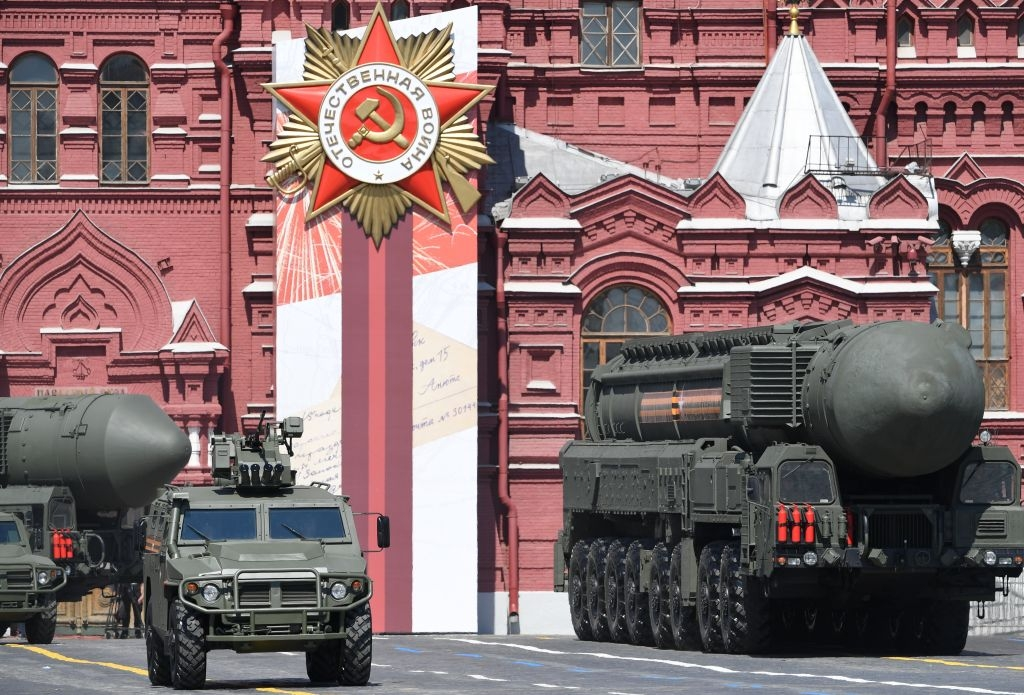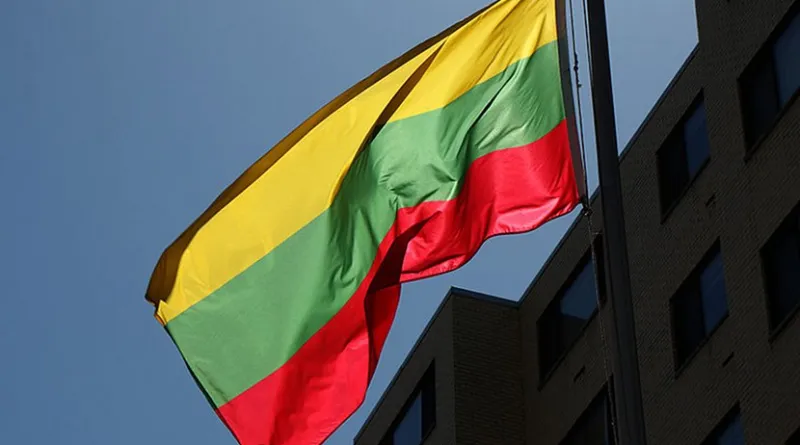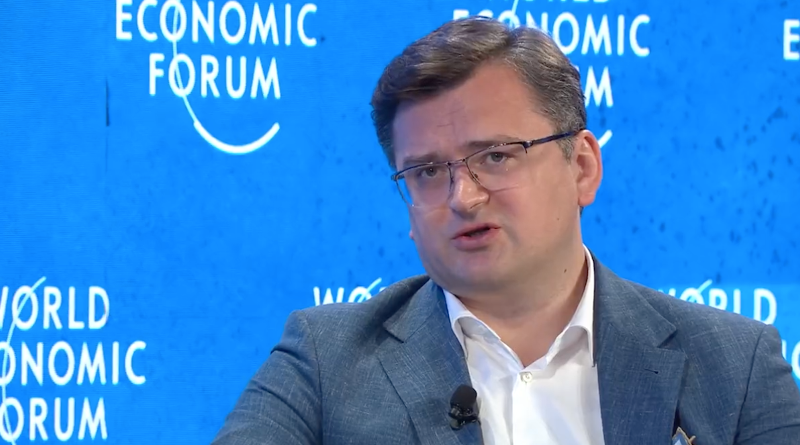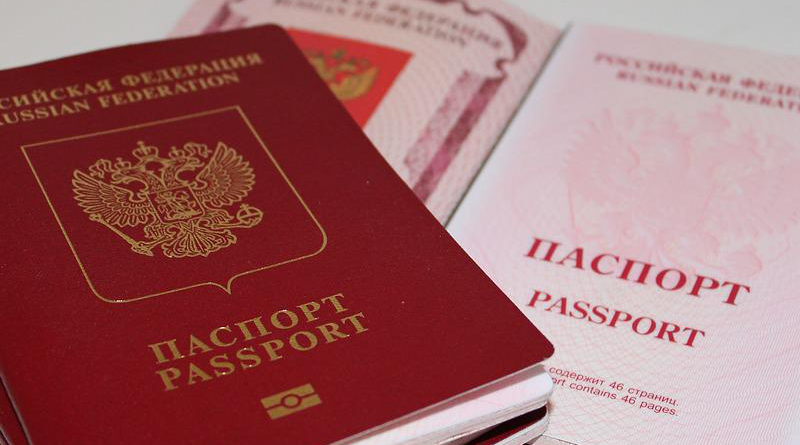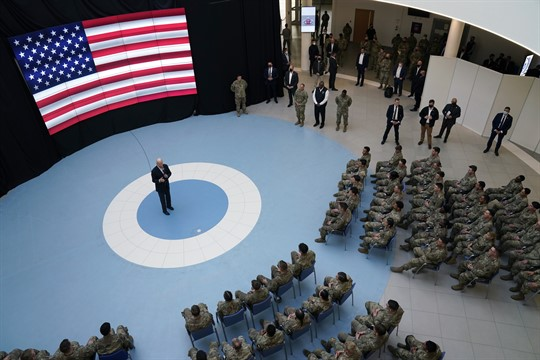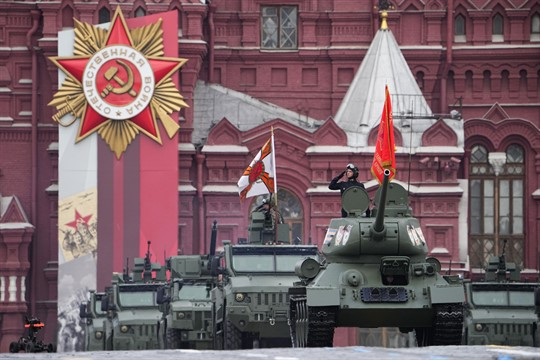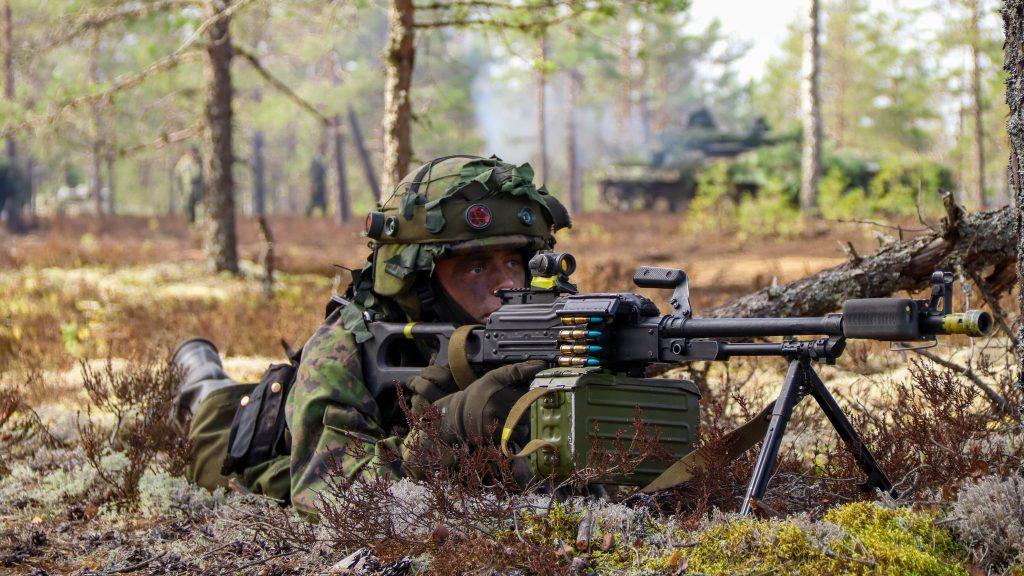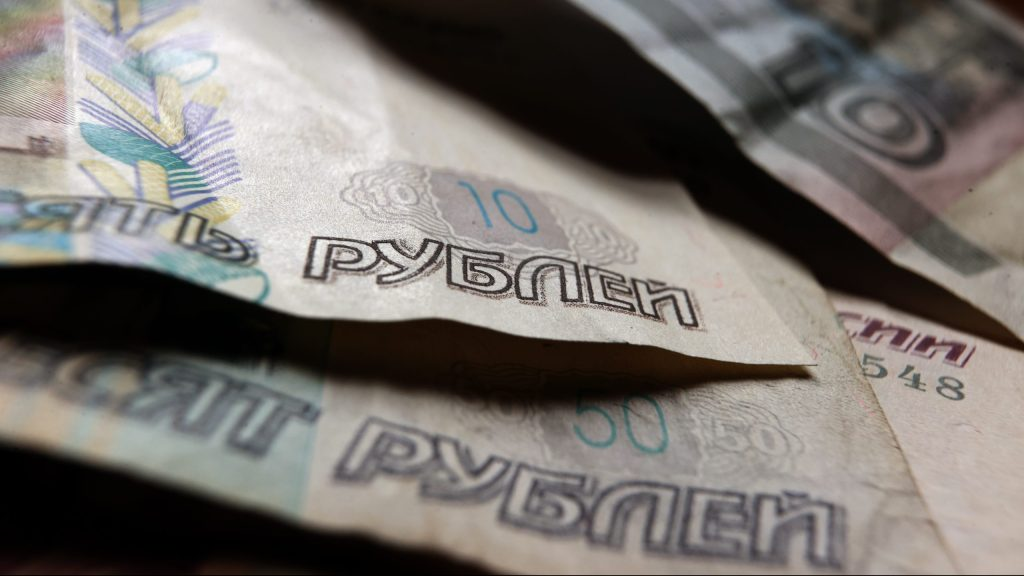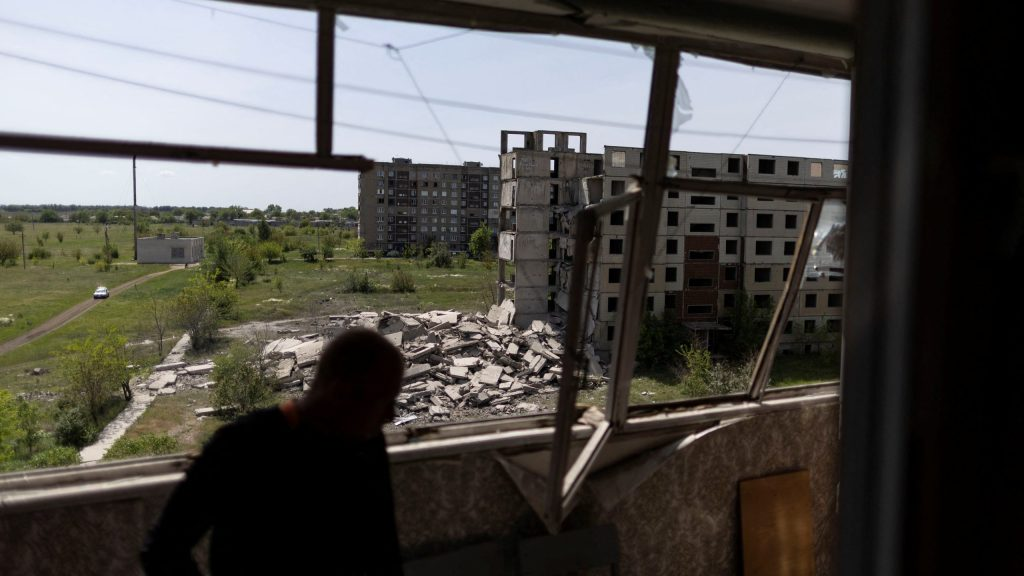The Danger of Worsening Relations With Both Russia and China
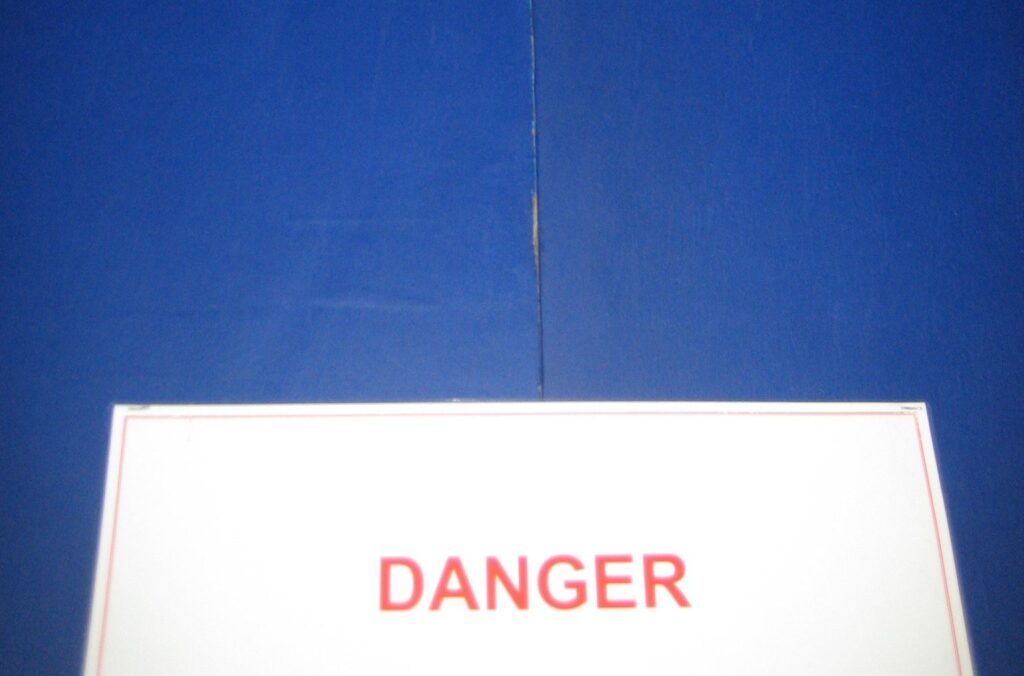
Q: “Are you willing to get involved militarily to defend Taiwan if it comes to that?” (CBS News)
A: “Yes.” (President Joe Biden, May 23, 2022)
Q: “ You are?” (CBS)
A: “That’s the commitment we made.” (President Biden)Once again, an unplanned and impromptu remark from President Biden has generated controversy, although this represents his third (incorrect) reference to a commitment to defend Taiwan. Each time, Biden’s national security team has tried to walk back the president’s remarks, but the fact of the matter is that the United States is pursuing a policy of confrontation and containment with China. There has been no attempt to pursue a diplomatic solution to our differences with China or to give Chinese leader Xi Jinping reason to believe that Sino-American relations could be improved through pursuit of a serious diplomatic dialogue.

